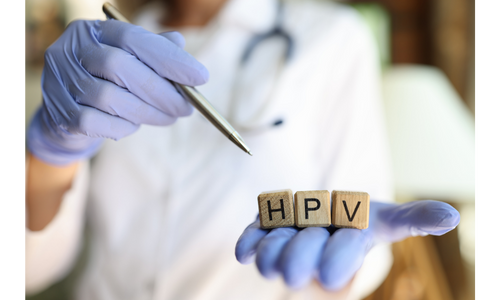
What is genital wart?
It is a sexually transmitted infection that occurs in the genital area due to human papillomavirus (HPV). It is seen in 1-2% of people between the ages of 15-49. There are more than 100 types of HPV, and about half of them can cause genital warts. The incubation period of the disease can be weeks or years.
What are the symptoms of genital warts?
Penis, scrotum, hairy areas in men and women, and genital area and small lips in women. Because it is a hot and humid area anus (anus) It is more common in the surrounding area.
It starts as a soft, small, skin-colored, red or brown bump. Over time, it grows and its top looks like cauliflower.
How is genital wart transmitted?
It is a sexually transmitted disease, but since it is through skin contact, it can also be transmitted without full sexual intercourse. It can be transmitted. Although rarer, there are cases that may occur due to shaving used during glaze and laser procedures applied to this area.
How is it diagnosed?
Genital The diagnosis of warts is usually made by doctors through clinical examination. Sometimes it may be necessary to take a biopsy from the skin for differential diagnosis.
How is it treated?
Choose the treatment for the disease that the patient will apply at home or the doctor will apply in the clinic. ;options are available. These treatments may be long-term. The choice of treatment depends on the location, number and size of the warts. etc.
Is follow-up required after treatment?
- Since the incubation period can last for months, new Planted viruses may not cause lesions for months. Even after full treatment, there is a possibility of genital warts reoccurring. Therefore, it is recommended that the patient check himself/herself regularly and seek medical help if necessary.
Due to the risk of cervical cancer in women, it is recommended to check regularly at intervals of 6 months to 1 year. “smear” control It should be done.
How can I be protected?
- When one of the partners has an active lesion, intercourse should not be had until regression is achieved with treatment
- If your partner is receiving treatment for genital warts, be sure to see a doctor.
- If you have genital warts, you should also be tested for other sexually transmitted diseases. >
- Correct and continuous use of latex condoms can reduce the risk of genital warts. However, genital warts can be seen in areas without a condom.
- Washing the genital area after sexual intercourse, urinating, or washing with an antiseptic does not provide protection from this disease.
< strong>Vaccine to protect against genital warts:
- 3 doses of HPV are recommended for 11-12 year old girls.
- More than 13-26 year olds. Any girl or woman who has not been vaccinated first or who has not completed the vaccine series should be vaccinated.
- Patients infected with one type of the virus may benefit from protection against other types of viruses in the vaccine. . Therefore, patients with genital warts should also be vaccinated.
http://www.turkdermatoloji.org


